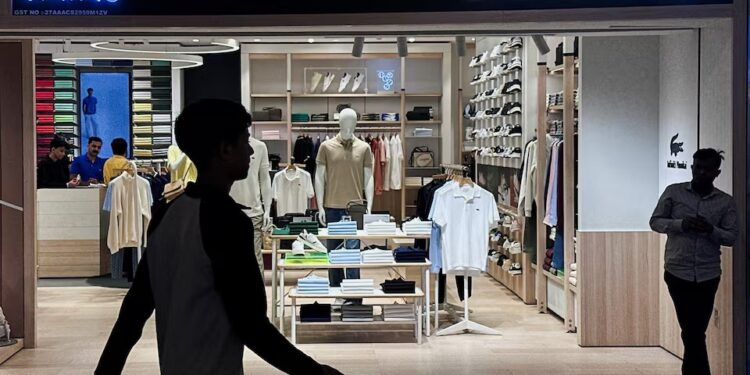India’s decision to raise taxes on clothing imports has raised alarm among international fashion brands, with concerns that higher costs could dampen demand in one of the world’s fastest-growing retail markets. The measure, part of the government’s broader revenue drive, risks slowing investment and expansion plans by global apparel companies.
Policy shift and rationale
The Indian government recently announced an increase in goods and services tax (GST) on imported clothing items, citing the need to strengthen fiscal revenues and protect domestic textile producers. While the move is expected to aid local manufacturers, it poses challenges for global brands heavily reliant on the Indian consumer base for growth.
Impact on international fashion retailers
Global clothing giants such as Zara, H&M, Uniqlo and Marks & Spencer, which have expanded rapidly in India’s metropolitan areas, could face higher operating costs and slimmer margins. Analysts note that these brands will either have to absorb the added expense or pass it on to consumers, potentially limiting their appeal in a price-sensitive market. India’s middle-class shoppers, who have been driving demand for branded apparel, may respond cautiously to any significant rise in retail prices.
Domestic industry response
Local textile associations have welcomed the decision, viewing it as an opportunity to strengthen domestic production capacity and reduce reliance on imports. India’s garment sector employs millions and is a significant contributor to exports, making the policy shift politically advantageous. However, critics argue that while the move supports local producers, it risks discouraging foreign investment at a time when India is seeking to boost its global trade presence.
Global repercussions
The higher tax also has potential implications beyond India. Fashion supply chains are deeply interconnected, and any slowdown in Indian consumption could affect global sales strategies. With many brands looking to India as a key growth market amid slowing demand in Europe and China, the new policy may lead to a reassessment of long-term expansion plans.
Outlook
While the government has emphasised the policy’s benefits for the domestic sector, global brands are likely to push for negotiations and possible exemptions. The coming months will test how resilient consumer demand remains in the face of higher prices, and whether foreign retailers can adapt their strategies without losing momentum in India’s competitive retail landscape.
REFH – Newshub, 5 September 2025




Recent Comments